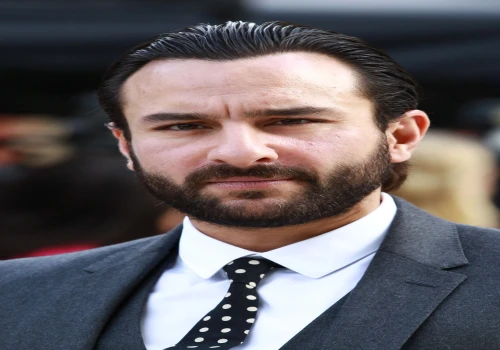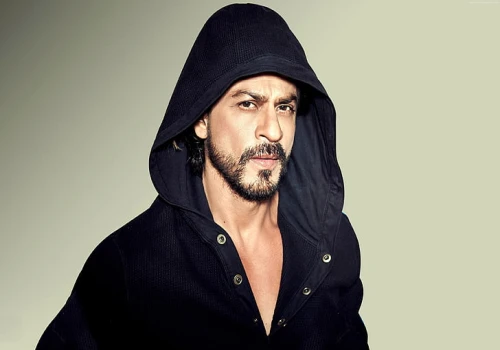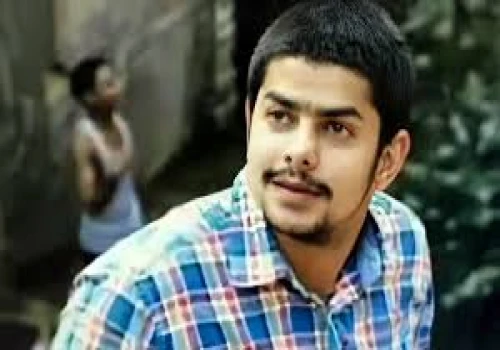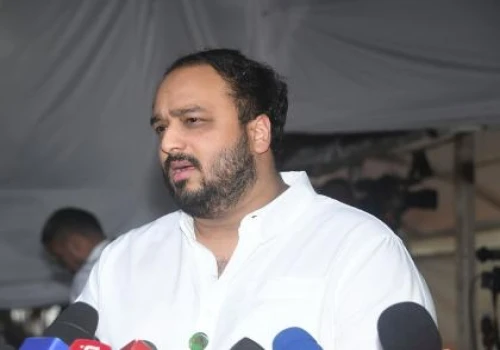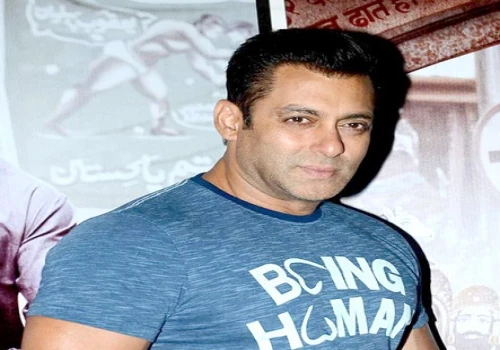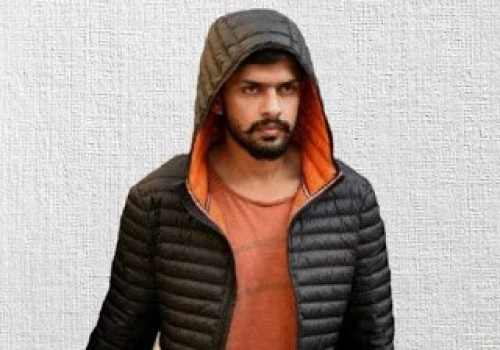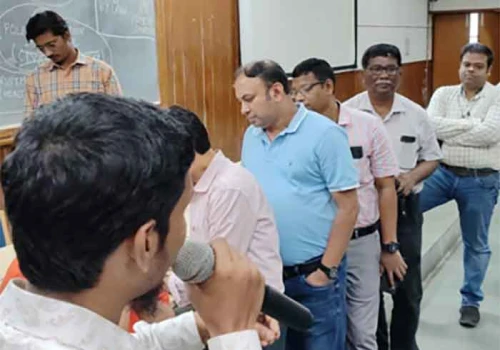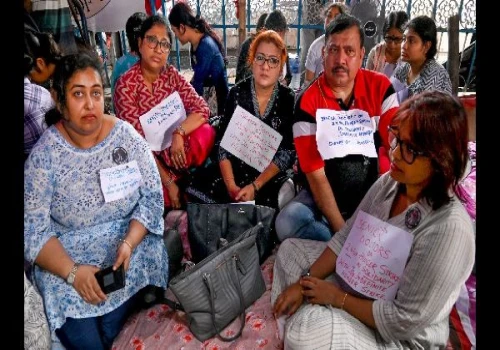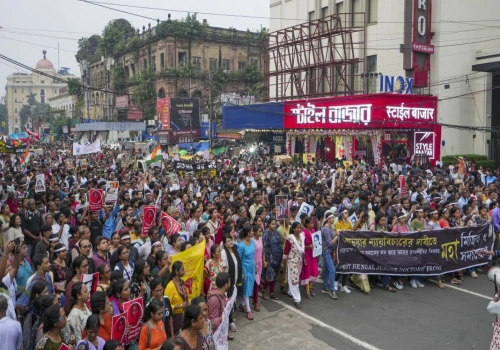
In the 21st century, a period marked by remarkable progress and advancements, it is disheartening to observe the persistence of issues such as dowry in India. Despite our significant strides forward, social barriers like dowry not only prevail but, shockingly, have the power to drive individuals to the tragic point of taking their own lives. This raises critical questions about the true extent of our development, as even in the face of technological and societal advancements, deeply rooted practices like dowry continue to exert a profound impact, hindering our collective progress.
On Monday, December 4th, tragedy struck as 28-year-old doctor Shahana was discovered unconscious, having reportedly taken her own life. The heartbreaking turn of events unfolded after her fiancé, a fellow doctor named Ruwais, declined to proceed with the marriage due to her family's inability to meet his exorbitant demands for dowry and assets. Ruwais backed out of the marriage commitment when Shahana's family, situated in Venjaramoodu, Thiruvananthapuram, expressed their incapability to meet the stipulated dowry.
Shahana, a young doctor affiliated with a government medical college, was discovered unconscious in the postgraduate students' hostel on a Monday evening. A suicide note, recovered by the police, revealed that Ruwais, also a part of the same institution, had allegedly been pressuring her family for an exorbitant dowry and assets. Shahana also mentions in the note how money triumphs over everything. The situation raises concerns about the potential impact of dowry-related pressures within professional and academic spheres. E.A. Ruwais, who held the position of the state president in the Kerala Medical Post Graduate Association, a group advocating for resident trainee doctors in the state, faced repercussions in the wake of his involvement in the case. Subsequently, the association took the step of removing him from the presidency. Additionally, he was reportedly suspended by the principal of the medical college.
Initially, the police filed a case for unnatural death. However, on Wednesday, December 6th, they initiated another case against E.A. Ruwais, incorporating relevant sections of the Dowry Prohibition Act and charges of abetment to suicide. Subsequently, Ruwais was taken into custody after a detailed interrogation early on Thursday, December 7th. Additionally, Shahana's family provided testimony against Ruwais, leading to the registration of a case for Dowry Harassment Death.
Advocate S. Sudheer, their neighbour and a member of the Nelland village panchayat, revealed that although the girl's family was willing to offer 50 lakhs, 50 sovereigns of gold, and a car, Ruwais demanded an exorbitant dowry of 150 sovereigns of gold, 15 acres of land, and a BMW car. Unable to fulfill these excessive demands, Shahna faced significant mental pressure after Ruwais called off the wedding, especially given that the announcement had already been made. Ruwise went so far as to publicly humiliate her in front of peers and colleagues. Shahana's brother, Jasim Nas, informed the media that despite numerous attempts at reassurance, Ruwais and his father remained particularly adamant about obtaining a substantial dowry. Their refusal to compromise resulted in the cancellation of the marriage, causing profound mental distress to Shahana.
In response to the situation, CM Pinarayi Vijayan emphasized the need to empower young women to outright reject marriage proposals involving dowry demands. The Health Minister issued a directive to the director of the Women and Child Development Department to investigate the matter, submit a comprehensive report, and take stringent actions. State Women's Commission Chairperson P. Sathidevi visited Shahana's residence in Venjaramoodu on Wednesday, offering consolation to her mother.
As of October this year, Kerala has registered eight dowry-related deaths, according to state crime records.


